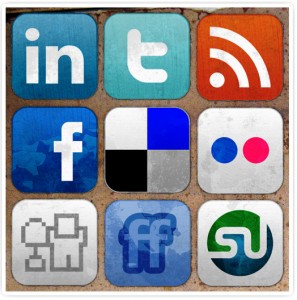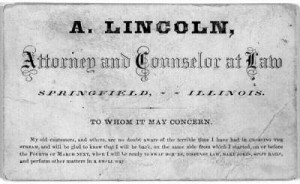I was looking at an email from an attorney. At the bottom, after his signature, it said, “Attorney at Law”. He provided contact information but said nothing about his services.
He’s advertising, but doing it badly.
Why badly? Because an attorney is what he is, not what he does.
Telling people you’re an attorney tells them almost nothing. Do you handle car accidents and help people get compensation for their injuries? Do you help people get amicably divorced? Do you represent big businesses on environmental matters, or small start-ups take their first steps?
His email, and everything else he puts out into the world, should tell people what he does.
How about you? When someone asks, “What do you do?” what do you say? Do you tell them what you are or what you do? Do you tell them the services you offer? Do you at least tell them what kind of law you practice?
Because you’re advertising, whether you know it or not.
On your business cards, your stationery, your website, and the sign outside your office, don’t just say you are an attorney or that you offer legal services, tell people what you do.
What services do you offer? What benefits do they get when they hire you? What kinds of clients do you represent?
Don’t make people ask you what you do or how you can help them. Don’t make them visit your website to find out.
Tell them, right up front, “This is what I do and this is how I can help you”. You’ll get more people clicking, calling, visiting, and saying, “Tell me more”.
Want a website that gets clients? Here’s how









